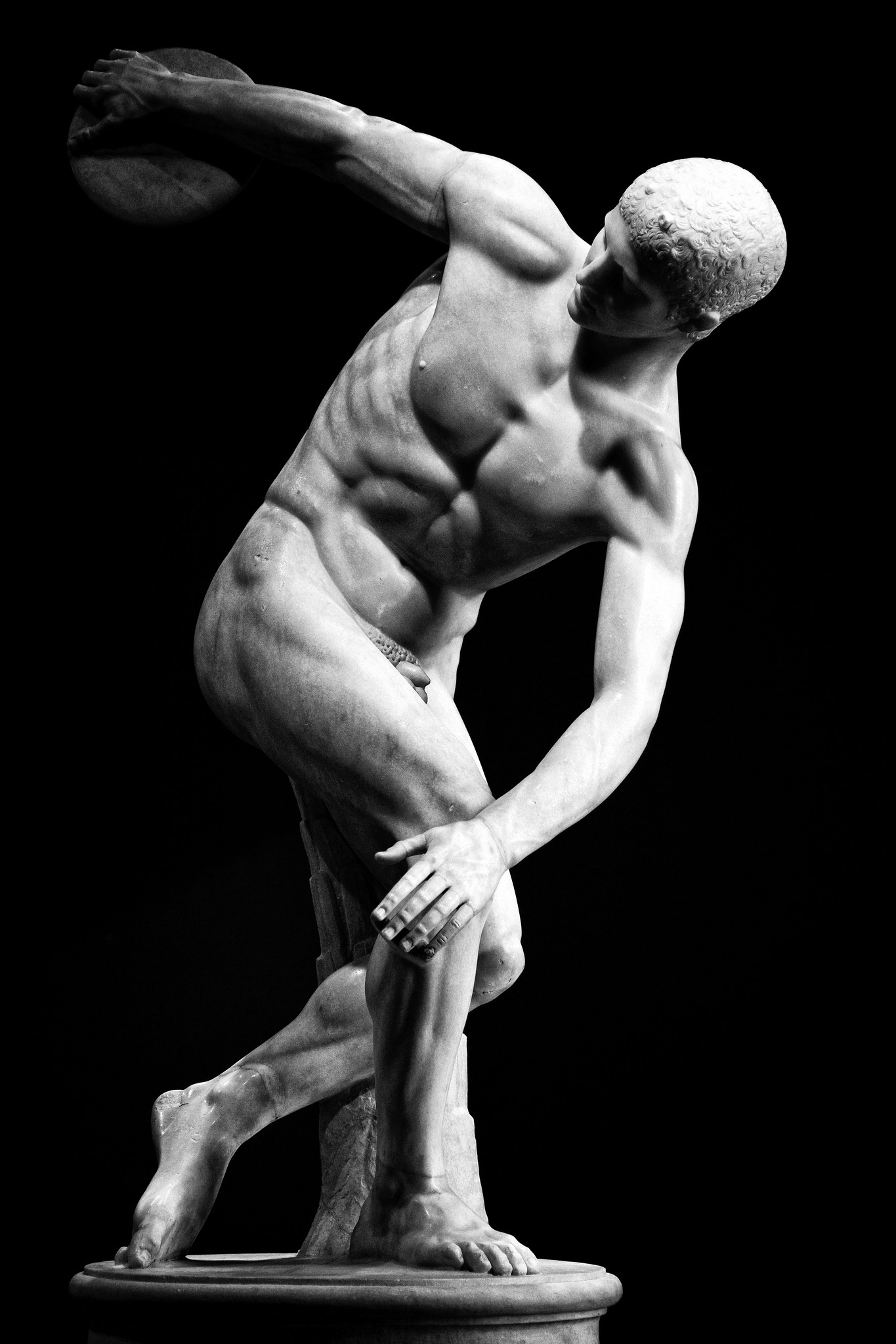bbbbbbbbbbbbbbbbbbbbb

Today we are going to examine the idea of beauty.
They say that beauty is in the eye of the beholder. But in fact, this phrase over-simplifies a complex concept. Beauty is not determined only by the individual observer; it’s a concept which is shaped, stretched, and formed by the whole of society.
And in fact, the idea of beauty has changed throughout the course of human history. The oldest known depicted beauty is the Venus of Willendorf, a paleolithic sculpture of a woman which dates back to at least 25,000BC. The current idea of beauty may be best represented by Thylane Blondeau, the French model who was named the most beautiful face of 2018. At a glance, we can see that the Venus of Willendorf and Thylane Blondeau have very different functions. The Venus of Willendorf glorifies fertility and motherhood, while Thylane is a fashion icon who glorifies a globe-trotting, materialistic lifestyle. And yet these are not the only forms of beauty. Over the centuries, religion has proposed its own, very different notion of what beauty is. Look at Michalangelo’s “Pieta,” for example: Mary’s tragic, self-denying beauty is very different from either the Venus of Willendorf or Thylane Blondeau.
The question then arises: What idea of beauty should we extract from the noise, the misleading information, and the commercials that bombard us, turning everything – and everyone – into a commodity?
For our purposes, we are going to arbitrary build our framework of beauty in ancient Greece. Like every arbitrary decision, this has lot of weak elements. But it is good enough as a starting point. And here is why:
Nowhere in the Western Hemisphere was the idea of the human body depicted more gloriously than in ancient Greece. Just look at the Discobolus of Myron [Discus Thrower]. It depicts a man of action and vitality, full of energy and ready to rise meet any challenge. It is a perfect example of how classical Greek society glorified training, sacrifice, strength, health and movement. Beautiful sculptures like the Discobolus were displayed in public places in order to motivate the public to work on their physical fitness; these sculptures were used as role models for ordinary Greek citizens.
The classical Greek ideal of beauty brought together many of the elements needed today in our quest for “Creative Dating”. Those elements include self-confidence, the ability to protect others, readiness to sacrifice present pleasure for the sake of future success, hard work, and the ability to surmount anxiety to have a chance to present ourselves in glory. It is there that we find an element of potential victory. Classical Greece also teaches us the perspective that the human body has God’s qualities, and God’s beauty. This can suggest to us that, perhaps if we are god-like creatures, then we need to rise to our fullest potential by becoming heroes and following the path to glory and perfection. In other words, we all need to work to become the best possible versions of ourselves, because we contain the qualities of the gods imprinted within us.
The gods in ancient Greece had an important role to play. They made their capricious presence felt everywhere. They interfered with human existence and often changed the whole trajectory of individual lives. They were able to transform human life into an endless string of victories — but they could also create a deep misery that was virtually impossible to bear. It’s important for us to maintain, and even strengthen, our awareness of the fact that there are forces far stronger than us. The unpredictability and capriciousness of the gods turns human beings into mere puppets. Remember, for example, the Journey of Odysseus who spent 10 years struggling to get home so that he could embrace Penelope.
In our “Creative Dating” sessions, we will anchor ourselves in the wisdom of ancient Greece, from which we are going to borrow many useful ideas. It will be our reference point. Some of the Greek ideas are challenging, such as the emphasis on cultivating a fit body. Some of them are self-reflective, like “know yourself,” the axiom which commands us to to know who we are and where we are going. We need to also remember that every journey may take some time. But as we already know “Great things take time”. We aim to get the best from our dating, don’t we?
